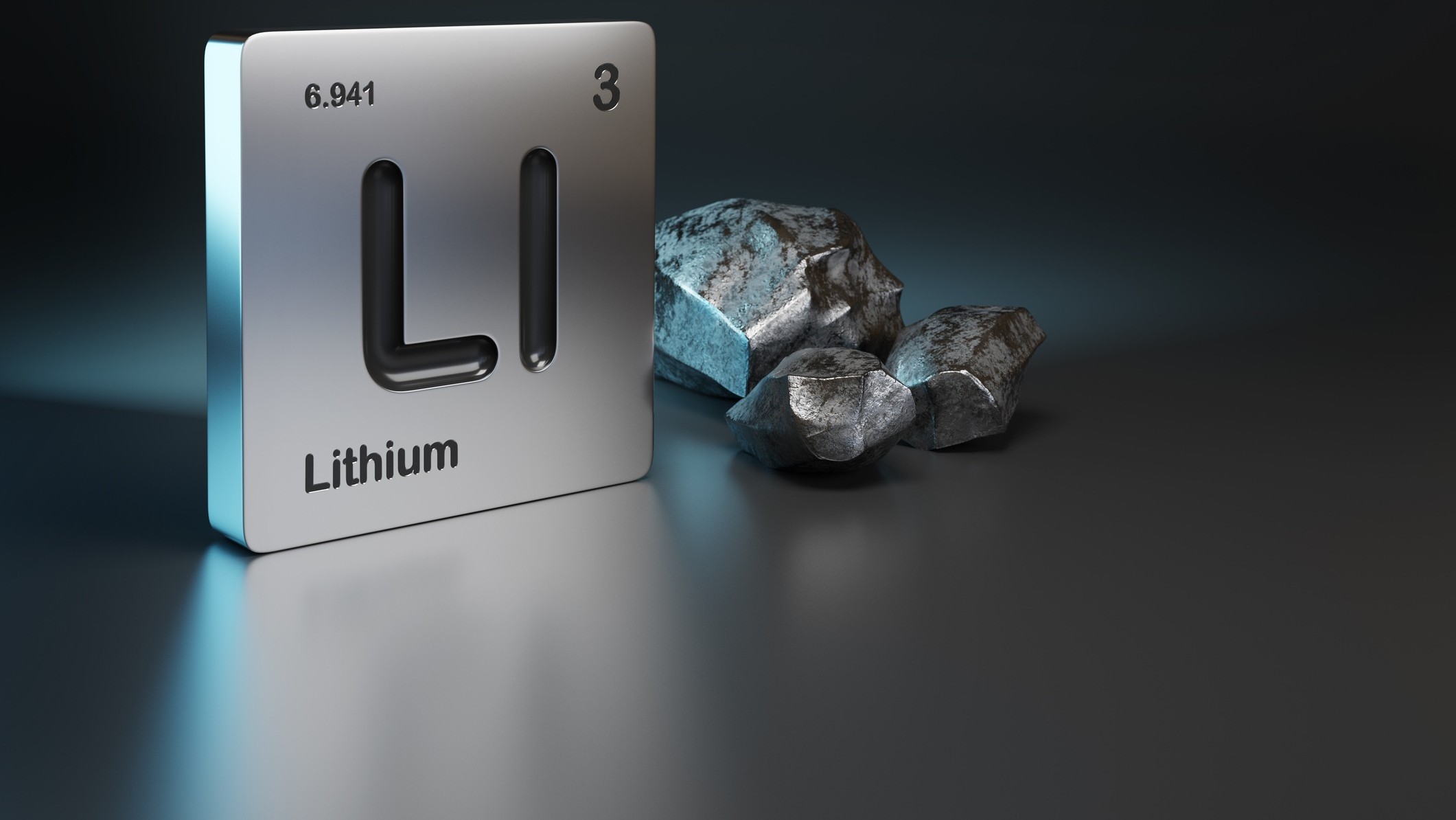
Lifthium innovates globally with efficient and sustainable lithium refining technology
Lifthium has successfully completed a yearlong test programme that has made it possible to refine lithium chloride (LiCl) by electrolysis on an industrial scale. This is a major milestone for the sector, highlighting Lifthium's capacity for innovation and its commitment to adopting more sustainable and efficient technologies for processing this material, which is critical to the global economy.
The results obtained over a year of testing in Canada – carried out at Noram/Nesi's facilities, in close partnership with this company – represent a technical paradigm shift, paving the way for the industrial adoption of a lithium hydroxide monohydrate (LHM) production route with lower emissions, greater energy efficiency and in line with the principles of the circular economy.
The effectiveness of this technology represents an important step in the valorisation of less purified lithium sources, such as those from battery recycling.
This new technological paradigm has overcome a number of barriers associated with lithium chloride electrolysis, which has been considered a promising approach for several years due to its conceptual simplicity, high efficiency and intrinsic sustainability.
Among these obstacles were the high purity requirements for feed solutions – even higher than the battery grade requirements for lithium hydroxide monohydrate – and the extreme sensitivity of conventional membranes to the presence of impurities, which compromised the durability, efficiency and viability of the process.
From pilot plant to industrial scale
During the tests, the energy efficiency of the cells was evaluated in different operating configurations, as well as the purity levels of the lithium hydroxide (LiOH) produced, using the battery grade standard as a reference.
The tests were divided into two main phases:
- Pilot scale testing - This test program operated nearly continuously for more than 4,000 hours. The test program allowed operating conditions to be optimised, the stability of the membranes to be validated, and the impact of different operating parameters to be studied;
- Demonstration scale testing - Demonstration scale testing was carried on industrial scale cells and totalled more than 400 hours of operation. This test program focused on the reproducibility of the results obtained in the pilot phase, under real process conditions – namely in terms of energy efficiency, production capacity, membrane/electrode performance, and purity of the lithium hydroxide obtained.
The data obtained in the commercial cell confirmed the results of the pilot phase, both in terms of operating voltage, electrochemical efficiency and specific energy consumption. Over thousands of hours of operation, under different configurations, no loss of performance was recorded, with the high physical-chemical stability under the demanding process conditions also standing out.
In total, 25 m3 of high-purity lithium hydroxide for batteries was produced from lithium chloride brine supplied and pre-treated by Lifthium. The solution obtained was of high chemical purity, in accordance with the requirements for further conversion to battery-grade lithium hydroxide monohydrate.
Lifthium now intends to incorporate the technology validated in Canada into a flexible industrial solution capable of integrating different sources of lithium and supplying sustainable, high-quality lithium hydroxide, promoting energy transition and electric mobility accessible to all.
The company plans to launch a first plant by 2027, with a refining capacity of around 28,000 tonnes of lithium hydroxide monohydrate per year, using renewable energy sources, sufficient to produce batteries for more than one million electric vehicles.
Find out more

Sustainability

Where we come from
